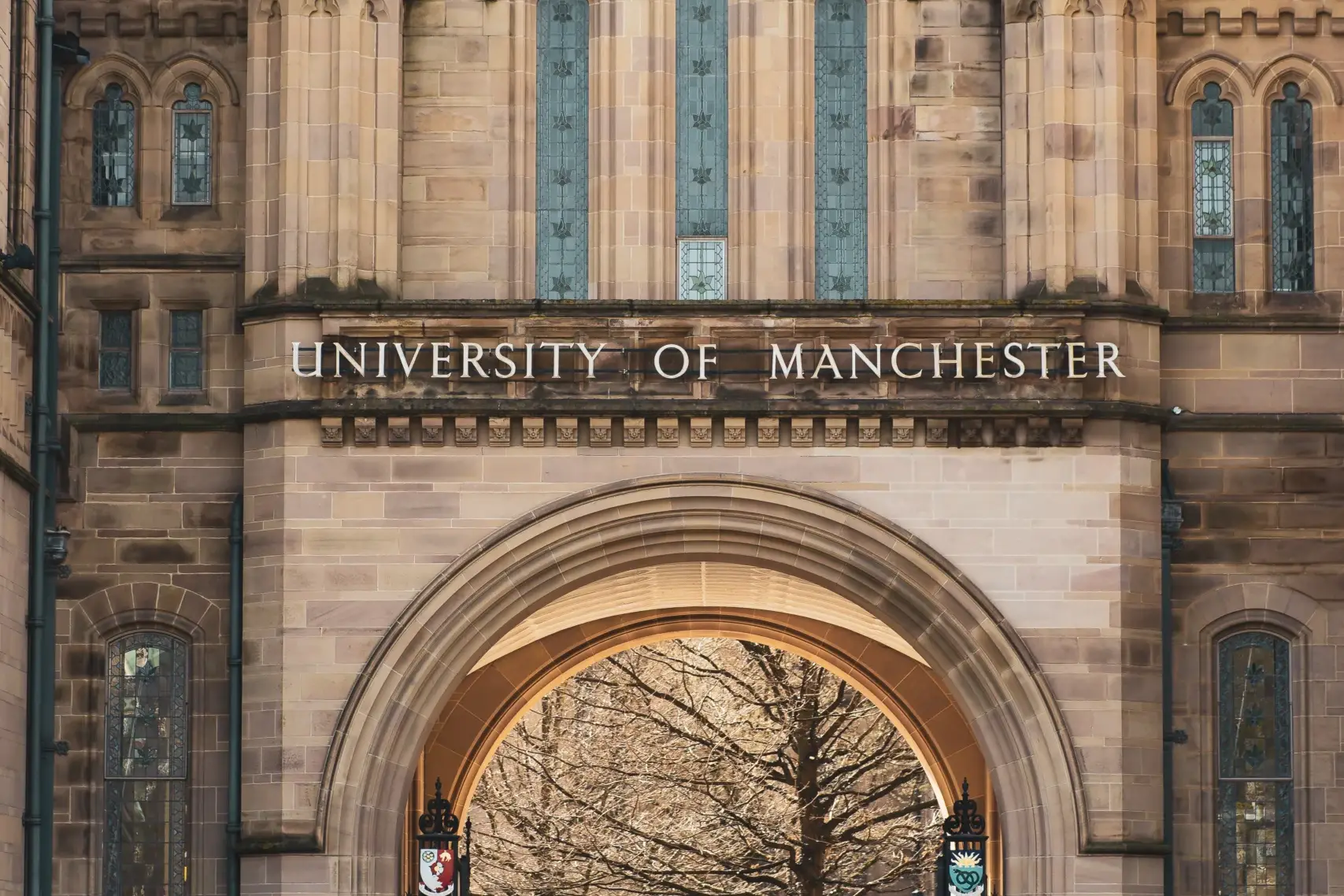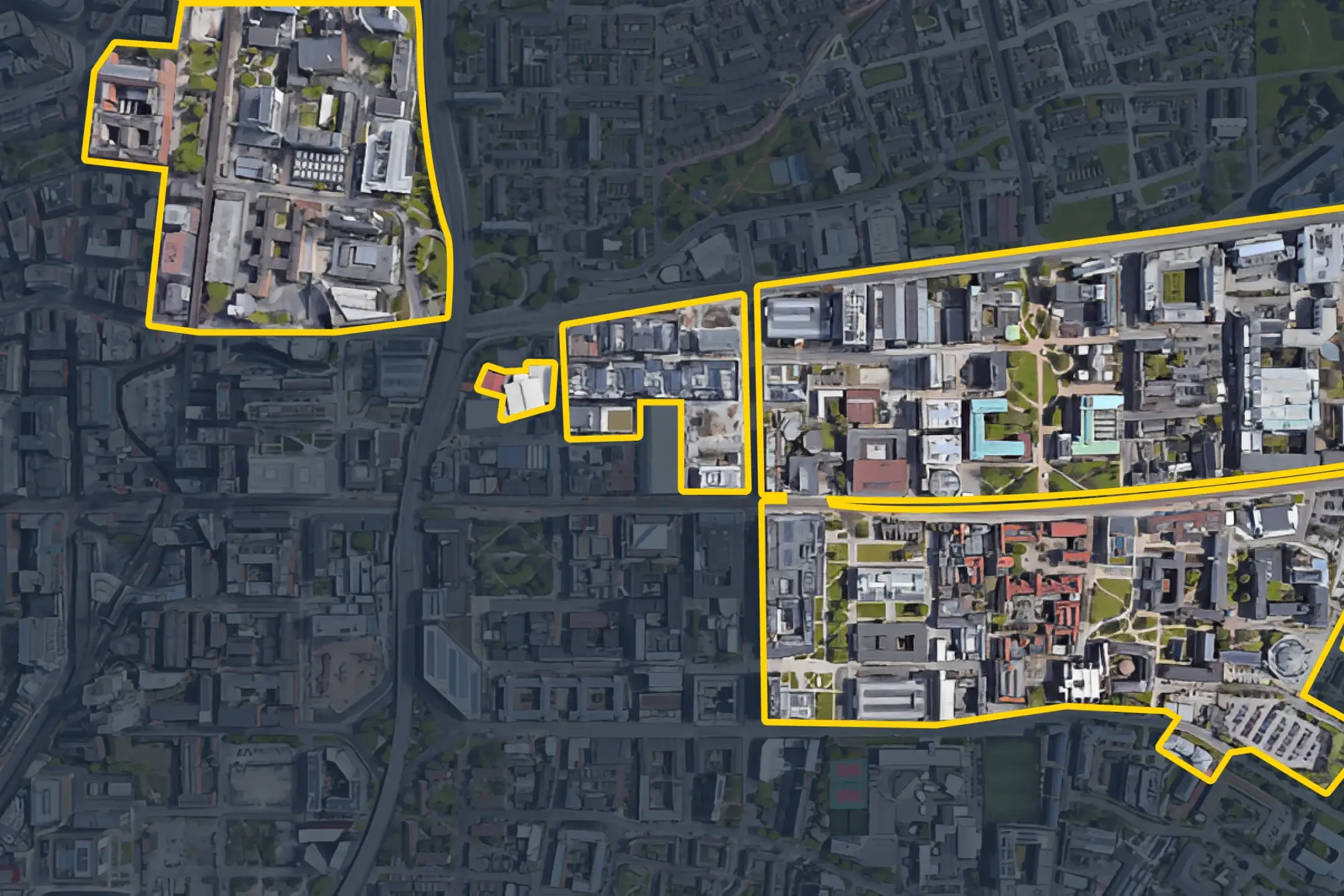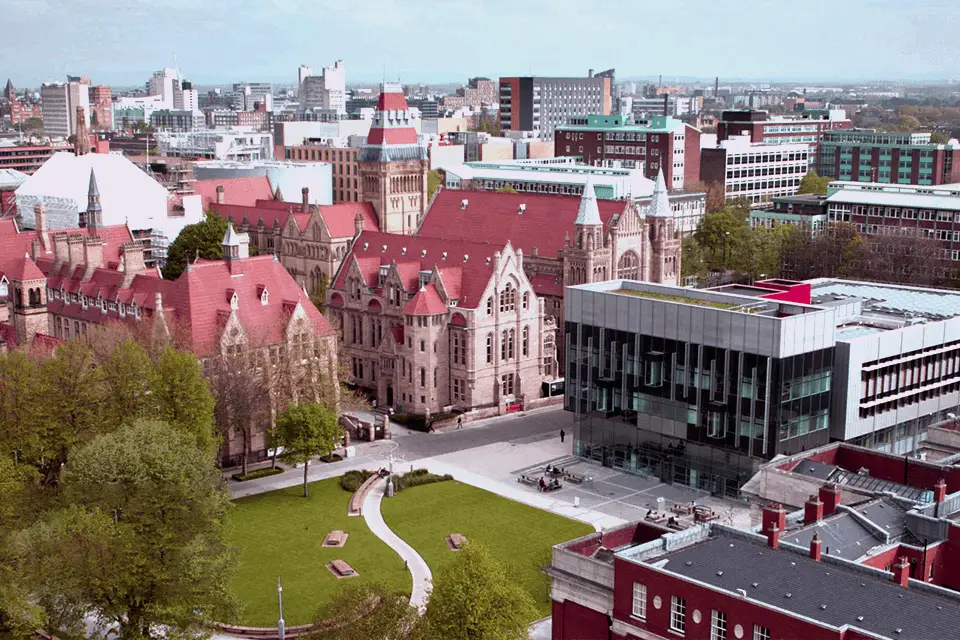01 / Case Study
The University of Manchester - East Campus
DSSR has been working with The University of Manchester to help deliver on its commitment to reduce its carbon usage and minimise its impact on the environment.
Location / Manchester
Contract Value / N/A
Architect / N/A
Client / The University of Manchester
Completion / Ongoing
02 / Overview
Overview of the The University of Manchester - East Campus project
DSSR provided full MEP design and Principal Designer services on this project, continuing our 25-year relationship of working with the University.
The University of Manchester has set a target of reducing its carbon consumption by 20% of its 2017 usage. The introduction of a district heating network on the East Campus, which incorporates Combined Heat and Power (CHP), has been a major element in delivering that commitment.
Reducing carbon emissions
DSSR provided detailed modelling of the campus which identified that the installation of 2,300 kW of CHP would reduce the carbon emissions of the campus by 3,600 Tonnes per year—which is 9% of the carbon usage of the entire university. For context, a medium-sized house consumes on average just over 1 Tonne of carbon every year. By adopting CHP, the university has reduced its carbon footprint by the same amount of carbon 3,000 homes would produce over the course of a year.
Our modelling shows that, as the University grows, the amount of carbon emissions saved could rise to 7,500 Tonnes per year which is 19% of its baseline consumption.
CHP engine installation
The network has been designed to allow more CHP capacity to be added. The CHP engine has also been designed to operate using a hydrogen / natural gas mix, and can even be modified to run on 100% hydrogen to allow for future developments in the carbon reduction of gaseous fuels.
In parallel, we have also introduced a steam heating network to provide resilience to the buildings on the East Campus. This ensures that all research and teaching activities are better protected against disruption in the event of significant plant or fuel failure.








